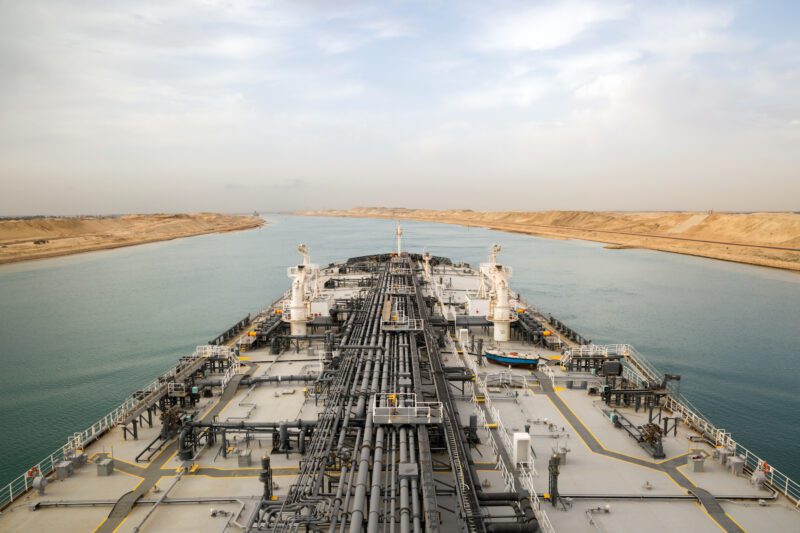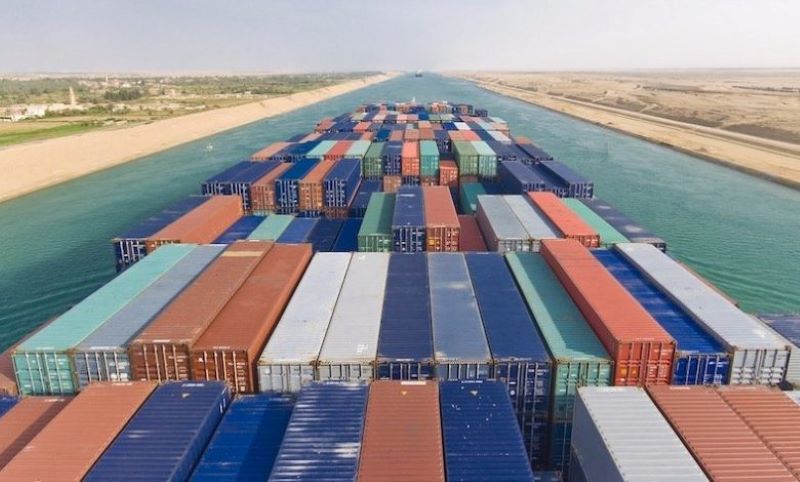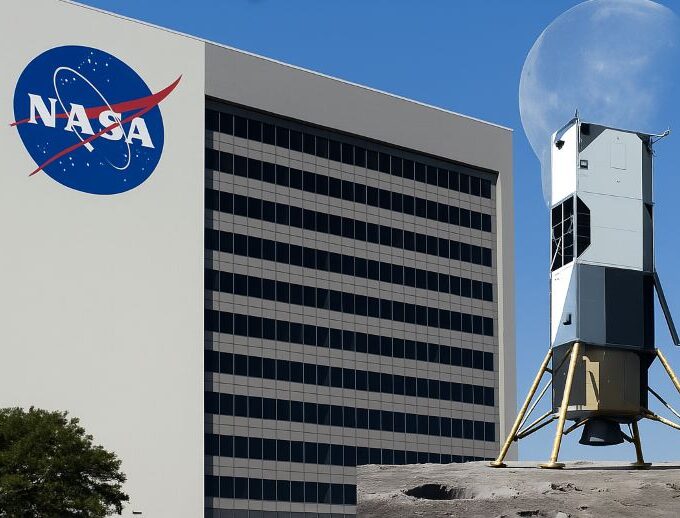May 13, 2025 – Egypt’s Suez Canal Authority (SCA) has revealed that it is considering a 12 to 15 percent reduction in vessel tolls in response to a sharp decline in canal traffic. The “discount” measure, if approved by the Egyptian president, could be formally implemented in a few days. The move is seen as a rare strategic concession to the Suez Canal, reflecting the trend of global shipping rebalancing triggered by geopolitical conflicts on the Red Sea route.
Sharp drop in traffic
The Suez Canal, one of the world’s most important maritime trade routes, connects the Mediterranean Sea to the Red Sea and is a key hub for Asia-Europe shipping. However, since the end of 2023, due to frequent drone and missile attacks launched by Yemen’s Houthi forces in the Red Sea, a large number of shipping companies have chosen to bypass the more distant and expensive Cape of Good Hope route to ensure the safety of their crews and cargoes, avoiding the Red Sea and the Suez passage.
According to official data, Suez Canal revenues in the fourth quarter of 2024 amounted to $880.9 million, a sharp drop of more than 63 percent from $2.4 billion in the same period in 2023. Not only has the number of ships in transit plummeted, but Egypt’s coffers, which rely on canal revenues, have also been hit hard. “We need to adjust our strategy quickly and flexibly to attract customers back,” said a Suez Canal Authority insider in an interview with the Cairo Economic Journal, “Price incentives are the most realistic response we can make at the moment.”
“Price war” strategy
According to the preliminary program, the Suez Canal Authority plans to provide a 12% to 15% fee reduction for specific types of ships or frequent transit vessels, and may introduce more attractive supporting measures, such as passage priority, combined packages. The plan is subject to final approval by Egyptian President Sisi and will be implemented as soon as it is approved. Industry analysts say the fee reduction will make large container ships and energy carriers reassess the economics of passing through the Suez Canal, which may prompt some shipowners to change their current decision to bypass the canal.
“For those shipowners with high range and timeliness requirements, they will consider returning to the Suez passage as long as there is a slight improvement in the security situation, coupled with the cost reductions,” noted an international shipping consultant.

Strategic significance
The Suez Canal is one of Egypt’s most important foreign exchange earners, contributing more than $7 billion annually in direct revenue. Related industries around the canal, such as port logistics, refueling supplies, crew transit, etc., also rely on stable navigation to maintain operations. The decline in revenue has not only shaken Egypt’s foreign exchange reserves but also triggered international investors’ concerns about its sovereign credit. To stabilize the order of the canal shipping, Egypt, in addition to price means, but also with the United States, the United Nations, a nd other parties to promote the Red Sea region navigation safety protection, trying to restore confidence in the sea channel.
Shipping game
The Suez Canal “discount” behind the global maritime routes is are geopolitically reshaped reality. The instability of the Red Sea, the Strait of Hormuz tensions, coupled with the security risks in the Gulf of Aden, so that global energy, containers, food, and other shipping chains to undergo re-planning, cargo period extension, freight rates, and insurance costs to soar. The world’s largest shipping companies, Maersk, Mediterranean Shipping (MSC), and other giants have adjusted the route configuration, and some small shipowners have even suspended the Middle East shipping business. Suez Canal at this time to price means “self-help”, to a certain extent, also represents that the traditional global shipping channel is taking the initiative to adapt to the new regional security pattern.
Prospect
Although the fee reduction may bring a certain ship back, the real decision of the Suez Canal recovery is still the key to whether the security situation in the Red Sea is better or not. As long as the war has not stopped and the threat is not removed, shipowners and insurance agencies will still be cautious. “Price reductions can bring short-term relief, but restoring confidence in passage will have to rely on long-term security guarantees,” wrote IMDO, the international shipping research organization, in its latest report. The Suez Canal is at the crossroads of a new game, and its fate depends not only on Egypt’s strategy but is also deeply touched by the global geopolitical chess game.













Leave a comment